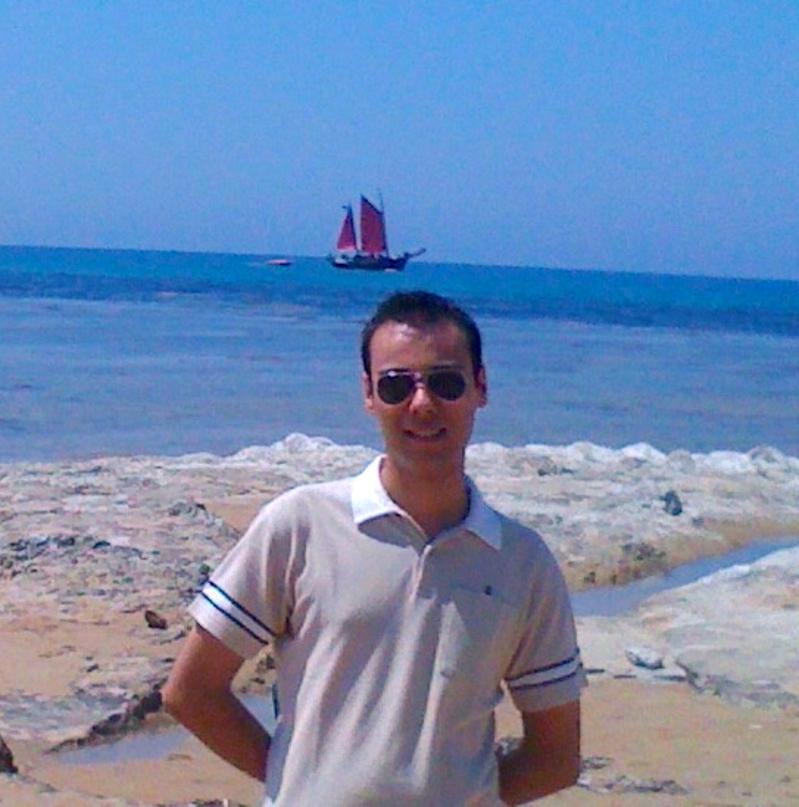You are here :
Alberto Santini

Presentation
Alberto Santini is tenure-track Assistant Professor (on leave) at Universitat Pompeu Fabra (UPF), in Barcelona, Spain. He is also affiliate professor at the Barcelona Graduate School of Mathematics, and the Barcelona Graduate School of Economics (BGSE). He is a lecturer at the Barcelona School of Management and at RWTH Business School in Aachen, Germany. Before joining UPF, he was a post-doctoral fellow at RWTH Aachen University, a Visiting Scientist at Amazon in Seattle, US. He received his PhD in Automation and Operational Research (OR) in 2017 from the University of Bologna, Italy. He has been awarded with a BGSE Seed Grant, a Planetary Wellbeing Research Grant, a Juan de la Cierva scholarship, among others. He is the founder of AIROYoung (the youth chapter of AIRO, the Italian OR society), and of EUROYoung (a forum within EURO, the European Association of OR societies). He sits in the board of directors of AIRO.
Research Project
The boom of e-commerce in the last decade raises new challenges as retailers and couriers innovate their supply chains to keep up with demand. Last-mile delivery (LMD), the segment of the supply chain which starts at the last distribution centre and ends at the customer’s doorstep, is particularly affected. Its nature changed when retailers stopped delivering to stores and started delivering directly to consumers: couriers now handle a large number of small parcels, instead of fewer, larger shipments; they deliver during tight time windows, when customers are at home; they deal in real time with newly incoming orders while their fleet is already busy shipping other parcels.
A timely issue is the sustainability of current LMD operations with ever higher demands. There is only a limited number of delivery vans which our cities can absorb before the externalities (traffic, emissions) become too large to bear. Retailers have proposed creative solutions, including delivery-by-drone or using autonomous land robots. Whether this technology is feasible and will be deployed to scale is hard to predict. There are other experiments, however, which employ readily available technology: for example, bike deliveries and crowdsourcing.
With this project, I will develop optimisation tools for logistic operators, which explicitly mitigate the negative externalities outlined above, while guaranteeing high service quality levels and economic sustainability. I will propose innovative processes, such as deliveries by public transport, to make LMD greener and more efficient.


